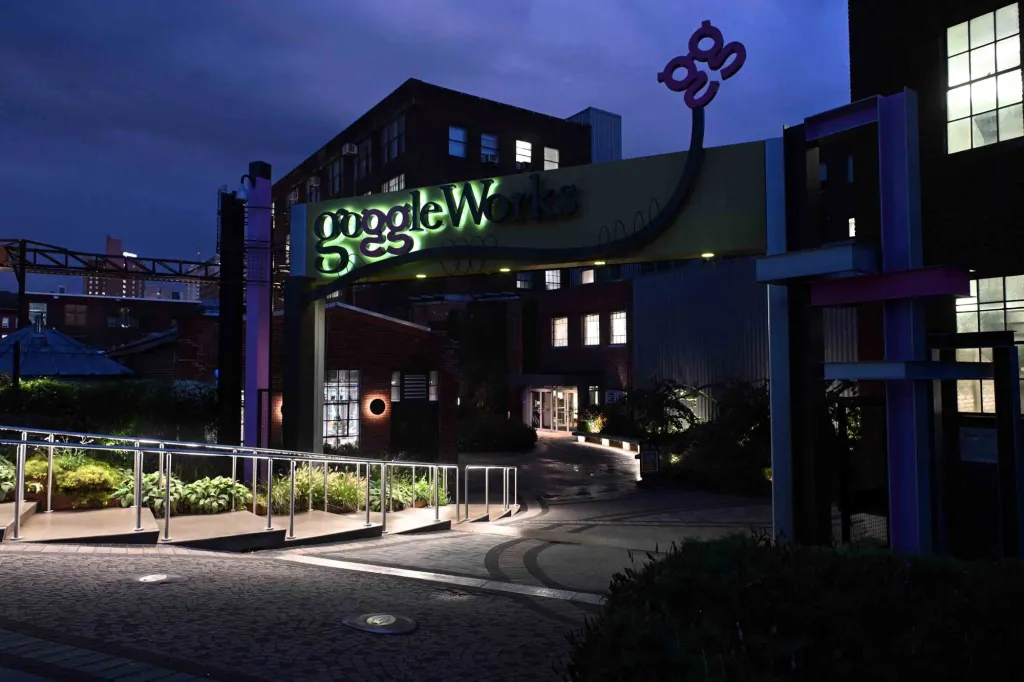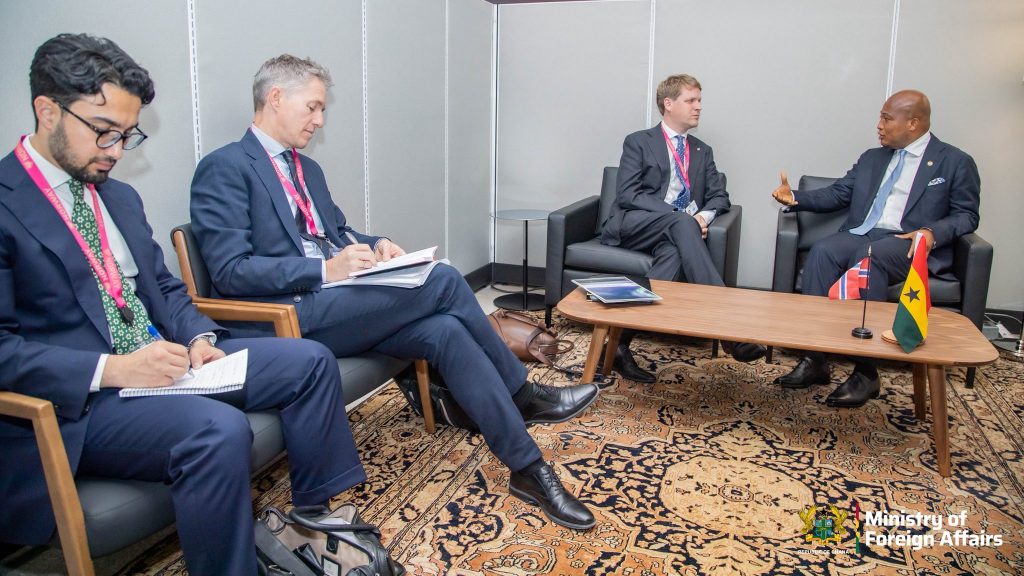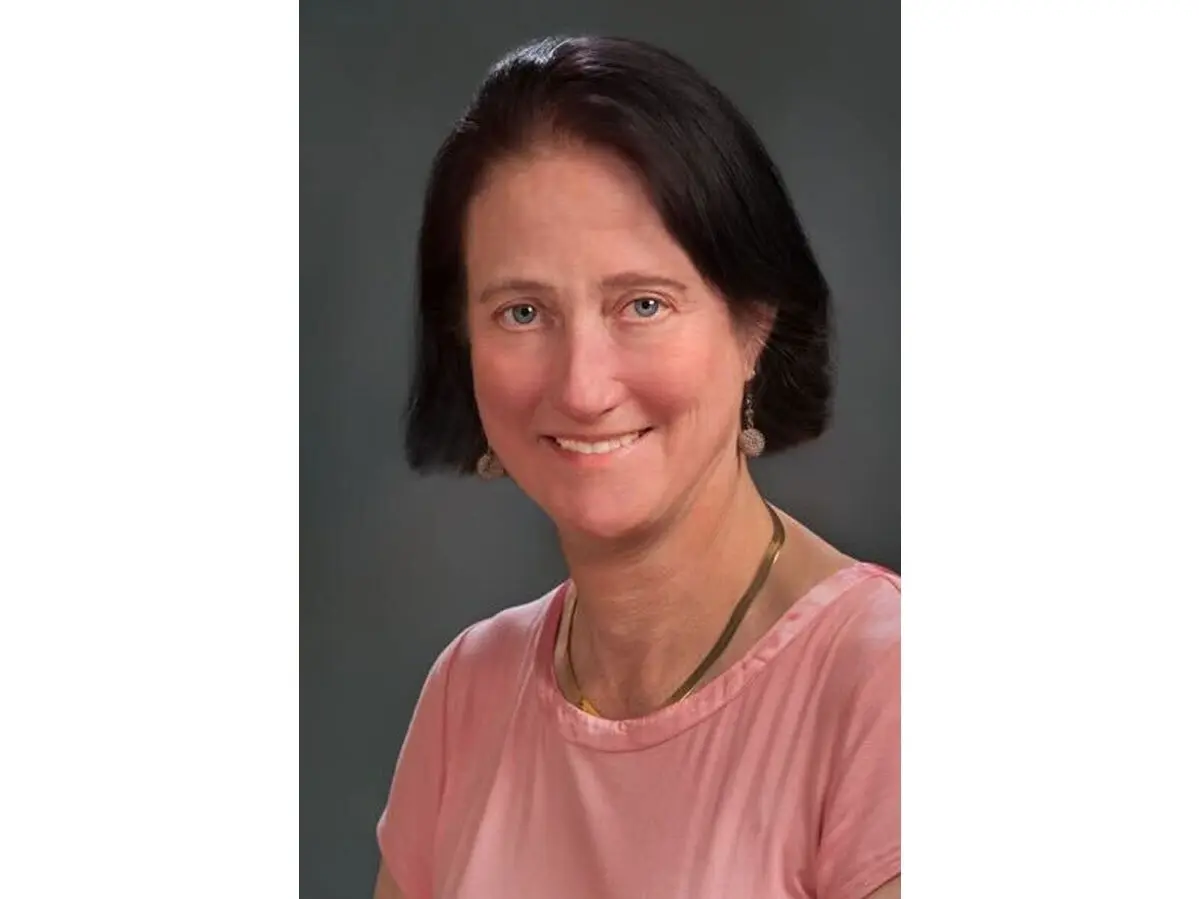
For information on submitting an obituary, please contact Reading Eagle by phone at 610-371-5018, or email at obituaries@readingeagle.com or fax at 610-371-5193.
Most obituaries published in the Reading Eagle are submitted through funeral homes and cremation services, but we will accept submissions from families. Obituaries can be emailed to obituaries@readingeagle.com.
In addition to the text of the obituary, any photographs that you wish to include can be attached to this email. Please put the text of the obituary in a Word document, a Google document or in the body of the email. The Reading Eagle also requires a way to verify the death, so please include either the phone number of the funeral home or cremation service that is in charge of the deceased’s care or a photo of his/her death certificate. We also request that your full name, phone number and address are all included in this email.
All payments by families must be made with a credit card. We will send a proof of the completed obituary before we require payment. The obituary cannot run, however, until we receive payment in full.
Obituaries can be submitted for any future date, but they must be received no later than 3:00 p.m. the day prior to its running for it to be published.
Please call the obituary desk, at 610-371-5018, for information on pricing.
When the GoggleWorks Center for the Arts opened its doors in 2005, the idea of transforming a sprawling former factory into one of the nation’s largest community art centers seemed ambitious and challenging.
And it was.
There were those who doubted the venture would be a success.
But 20 years later, the five-story brick complex at 201 Washington St. stands as a cultural anchor for the city and a creative home for artists, students and community members.
The nonprofit center celebrated the milestone with an anniversary gala Thursday. The event drew supporters, artists and alumni to the site where an unlikely vision took root.
The occasion was also a chance to celebrate members of the extended Boscov family for their roles in founding and sustaining GoggleWorks.
The event included the unveiling of a hanging portrait dedicated to the late retailer Albert Boscov and honoring his vision and legacy as a principal founder of the center.
Photographs by his widow, Eunice Boscov, and watercolor paintings by his sister-in-law Shirley Boscov were displayed during the event and auctioned to raise funds to support the arts center.
Shirley is the mother of Jim Boscov, the third generation of the family to run the Exeter Township-based department store chain. He is a staunch supporter of GoggleWorks.
Two other community leaders joined Albert Boscov as key players in establishing the center based on their belief in the power of the arts to transform Reading, said Levi Landis, president and executive director of the nonprofit arts center. They were current board member Marlin Miller Jr., co-founder and former chairman and CEO of Arrow International, and the late Irvin Cohen, founder of Eastern Machine Products Inc. and Construction Fasteners Inc.
Encouraged by Boscov and inspired by arts-driven redevelopment efforts in other cities, the men rallied support to repurpose the former Willson Safety Products factory, which once employed hundreds making protective gear such as safety eyewear. The plant closed in 2002.
Expansive vision
The founders envisioned a complex that would house artist studios, teaching spaces, exhibition galleries and performance venues under one roof.
“They understood that art wasn’t just about galleries and objects,” said Sandy Solmon chair of the GoggleWorks board. “It was about people, neighborhoods and the energy that comes when creativity is accessible to everyone.”
The concept was bold, she said. At the time, few communities of Reading’s size had taken on such an ambitious project.
The key to its success, Landis said, is adaptability.
“GoggleWorks has been able to reinvent itself to meet what the community needs,” he said. “We’re still true to the founders’ vision, but we’ve also had to evolve, adding programs, building public spaces and creating partnerships that didn’t exist in the beginning.”
In its two decades, GoggleWorks has continually expanded its reach.
Recent projects underscore the flexibility that has been key to the center’s endurance, Landis said.
The former outdoor loading docks were transformed into a landscaped courtyard with murals, gardens and public art.
A teaching kitchen in partnership with Helping Harvest Fresh Food Bank opened in the adjacent building, dubbed GoggleWorks II. The kitchen enables the food bank to process and distribute bulk foods while providing space to train local students in the culinary arts. It complements the traditional art studios, Landis said, reflecting an understanding that culinary arts can also bring people together.
Plans for additional development at GoggleWorks II point to an even broader role in downtown revitalization, with space envisioned for teachers’ housing, education and creative businesses, he said.
A place to gather
Beyond the physical changes, GoggleWorks has sought to be a gathering space that connects art with everyday life, Landis said.
Tens of thousands of visitors pass through its doors annually to take classes, view exhibitions and attend film screenings or other events.
The center’s programs serve students of all ages, from children enrolled in after-school arts to older adults seeking new creative outlets.
But Solmon said she sees the biggest impact not in numbers but in stories.
“I meet people who tell me they found their passion here, or that they discovered a sense of belonging they never had before,” she said. “That’s the magic: Creating an ecosystem where art and community reinforce each other.”
Landis agreed, noting that residents often feel ownership of the space.
“This is not just a building,” he said. “It’s a living, breathing part of Reading. Our job is to listen, to make sure that what happens inside reflects what people outside are dreaming about.”
Looking back, Landis, who has guided the nonprofit over the past decade, said GoggleWorks has fulfilled the spirit of its founders’ hopes, even if the path has not always been linear.
The center endures
The early vision of sparking downtown redevelopment through the arts proved challenging amid Reading’s economic struggles, he and Solmon noted. Yet the center endured, surviving recessions, leadership changes and the COVID-19 pandemic while continuing its mission to transform lives through unique interactions with art.
“Albie, Irv and Marlin wanted this place to be a beacon,” Solmon said. “Two decades later, it’s still shining. That, to me, is proof that their vision was sound.”
As GoggleWorks marks this milestone, its leaders emphasized the work is far from finished.
Upcoming projects, Landis said, will deepen the organization’s ties to the community and expand its role in the city’s growth.
“We’ve made it 20 years because of the people who believe in this mission,” he said. “The next 20 years will be about taking that belief even further, building new spaces, supporting new artists and making sure creativity remains at the heart of Reading’s future.”
GoggleWorks will host a free community celebration for its 20th anniversary on Friday, Oct. 3, from 6 to 8 p.m. The evening will feature food along with music at the new Thorn Alley Stage.
GoggleWorks milestones
2005 – GoggleWorks Center for the Arts opens in the former Willson Goggle factory on Washington Street.
2006 – The Boscov Film Theatre opens, offering independent, foreign, and documentary films.
2009 – Resident artist program expands, drawing artists from across the country to Reading.
2015 – GoggleWorks celebrates its 10th anniversary with new community partnerships and education programs.
2018 – Launch of youth outreach programs, including after-school and summer arts education for city students.
2020 – Pandemic forces temporary closure, but GoggleWorks pivots to virtual classes and outdoor events.
2023 – GoggleWorks II plans announced, envisioning new creative spaces, housing and education facilities downtown.
2024 – First phase of the Art Park in the GoggleWorks Courtyard opens, transforming former loading docks into a public gathering space with gardens and artwork.
2025 – Teaching kitchen at GoggleWorks II opens, adding culinary arts to the center’s offerings.
Source: GoggleWorks.org
Quick Facts
Studios: More than 30 for resident artists.Disciplines: Glassblowing, ceramics, printmaking, woodworking, digital media, painting, photography, jewelry and more.Galleries: 7 exhibition spaces featuring regional, national, and international artists.Film: Boscov Film Theatre screens independent, foreign, and documentary films year-round.Programs: 500+ classes and workshops annually for children, teens, and adults.Visitors: About 250,000 each year.Community: Dozens of local partnerships, from schools to nonprofits, extending access to the arts.Campus: 145,000 square feet, including teaching studios, artist studios, exhibition galleries and more.Source: GoggleWorks.org



